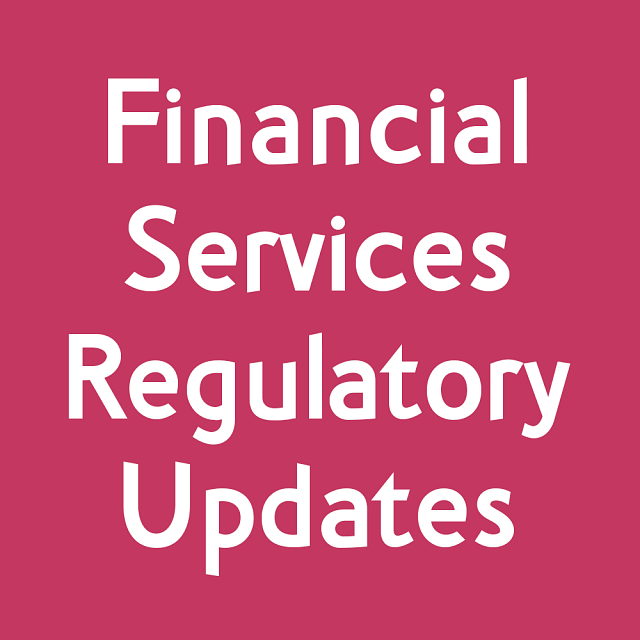



Yet again we bring to light the significance of documenting your ‘ICARA process’ properly. There are several elements to the process and as most firms would be rolling forward their ICARAs and wind down plans through this year, you are expected to take into consideration the observations published by the FCA through their review of the ICARAs.
Our recent experience of working with firms whose ICARAs and winddown plans were reviewed by the FCA as part of their multi-firm thematic review has allowed us to relate to the MIFIDPRU legislation more than before and also develop a robust understanding of what FCA’s expectations are.
Please take a moment to ensure your documentation of the process meets the expected standards and should your ICARA or wind down plan be selected by the FCA for a review, you would pass with flying colours!
We have summarised below the common shortcomings that could have adverse consequences for a MIFID investment Firm:
For more information, click here.
![]()
MIFIDPRU disclosures – don’t miss the deadline
The legislation is worded such that your MIFIDPRU disclosures should be publicly available on the date you publish your annual financial statements.
‘Publishing’ of annual financial statements is when you submit them to the Companies House. Whilst this can be done any time after the statutory audit is completed, many firms tend to hold off the submission till the due date which is 9 months from your accounting reference date.
If your accounting reference date is 31 December, your due date to submit your accounts to the Companies House is 30 September and if not already done, you must publish your disclosures latest by this date.
Please click here for more information on the disclosures requirement and the extent to which would apply to your firm.
![]()
Significant amendments to Form PF reporting
A bit of background
Buzzacott supports a range of private equity advisors with meeting the stipulations of Form PF. At the start of May 2023 the US Securities and Exchange Commission (SEC), modified the form’s reporting requirements. The net result was that it now offers the SEC a much more detailed and up-to-date view of the activities of larger funds. Certain registered investment advisors to private equity funds, hedge funds, and liquidity funds must now share more information with the SEC about their activities, and more regularly. This includes not only matters such as substantive short-term changes to fund values and significant withdrawal requests, but factors that may impact future stability, such as operational changes.
Below you will find a brief summary of what must now be reported by certain registered investment advisors.
What all this means, and why it matters to advisors
The SEC want to know more about what’s going on, sooner, and in ‘full-HD’. Most believe they are likely to use the data and insights gained as a result of these amendments to Form PF to shape future regulations in the private fund space. The augmented form clearly represents a significant increase in the compliance burden for those affected. We anticipate it will typically require a comprehensive review of funds’ reporting mechanisms and procedure policies. Additionally, private fund investors may ultimately find themselves paying additional costs to cover more vigorous enforcement.
Where we come in
The subtext of the SEC’s Form PF amendments, and their expectation of greater transparency, are extremely clear. Many businesses may be affected, including yours. If this is something that you would find helpful to discuss, we’d be pleased to share our thoughts and expertise with you.
![]()
Get in touch by filling the form below to speak to one of our experts.